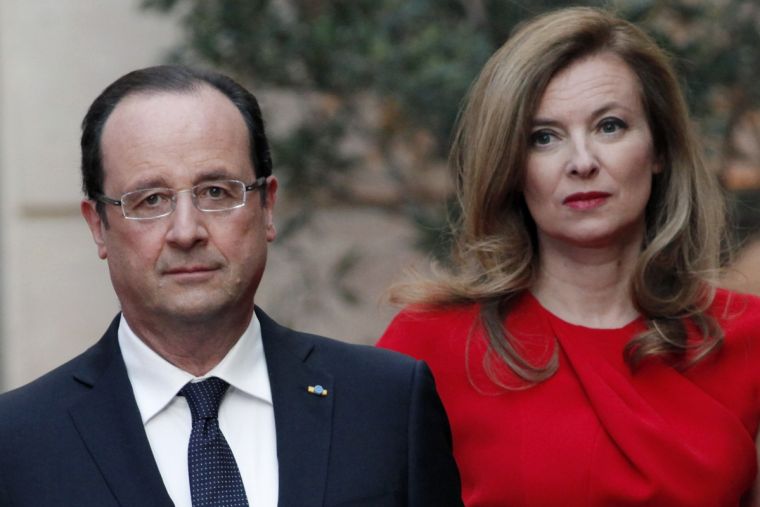The life-changing power of forgiveness

Just occasionally – amid the media froth that often passes for news – a series of events takes place which has genuine potential to transform those of us watching.
Many of us will have been left both humbled and inspired by the story of Katja Rosenberg, the rape victim who met her attacker in order to forgive him. Speaking to the Huffington Post, Ms Rosenberg said she wanted to walk with him "into the same direction of peace and forgiveness together".
Then there was the recent first anniversary of the murder of church organist Alan Greaves. One year on, his wife arranged a vigil at which she asked people to pray not only for her but also for her late husband's two killers – something described by The Guardian as "an extraordinary act of forgiveness".
Meanwhile, Valérie Trierweiler, partner of French President Francois Hollande, has reportedly declared she is "prepared to forgive" his apparent affair with a much younger actress.
If there is one powerful force in life that is often forgotten and under-used, it is the power of forgiveness. It's easier said than done, of course. Forgiveness is not the same as saying that justice doesn't matter – or shouldn't be done. Rather, it's about creating an open door for the restoration of a broken relationship one-on-one.
For Christians this is seen supremely in the death of Jesus Christ. On the cross, justice is indeed done and seen to be done – because Jesus takes our place, taking the punishment we deserve. At the same time, because of the cross, the broken relationship between God and human beings can be restored one-on-one for all who want it: the door is indeed open.
Moreover, even as he is being crucified, Jesus prays for his executioners, saying: "Father forgive them, for they know not what they do."
The Christian writer Corrie Ten Boom – imprisoned in Ravensbruck Concentration Camp during the Second World War – later met one of the Nazi guards who had tormented her. But now he was asking for her forgiveness and held out his hand towards her.
She said later: "I had to do it – I knew that. The message that God forgives has a prior condition: that we forgive those who have injured us."
Recognising that "forgiveness is an act of the will, and the will can function regardless of the temperature of the heart", she raised her arm to shake the guard's hand, and said that as she did so, "this healing warmth seemed to flood my whole being, bringing tears to my eyes."
Forgiveness is not easy. Where an offender is unrepentant, forgiveness may be offered and yet never fully flower into reconciliation. Writing on the Gospel Coalition website, church leader Steve Cornell says: "Forgiveness requires us to offer a repentant person an opportunity to demonstrate repentance and to regain trust... But when [their] behaviour is repeatedly hurtful in significant ways or trust has been deeply or repeatedly betrayed, pretending all is well (when it clearly is not) is not a loving option."
Forgiveness is no charter, therefore, for domestic violence. Cornell goes on to quote John Stott, who wisely wrote that "forgiveness which by-passes the need for repentance issues not from love but from sentimentality". After all, we ourselves have to repent for God's forgiveness to become real.
For many of us, however, the basic issue is much simpler: "Bear with each other and forgive one another if any of you has a grievance against someone. Forgive as the Lord forgave you. And over all these virtues put on love," (Colossians 3v13-14). So who do we need to forgive today?











